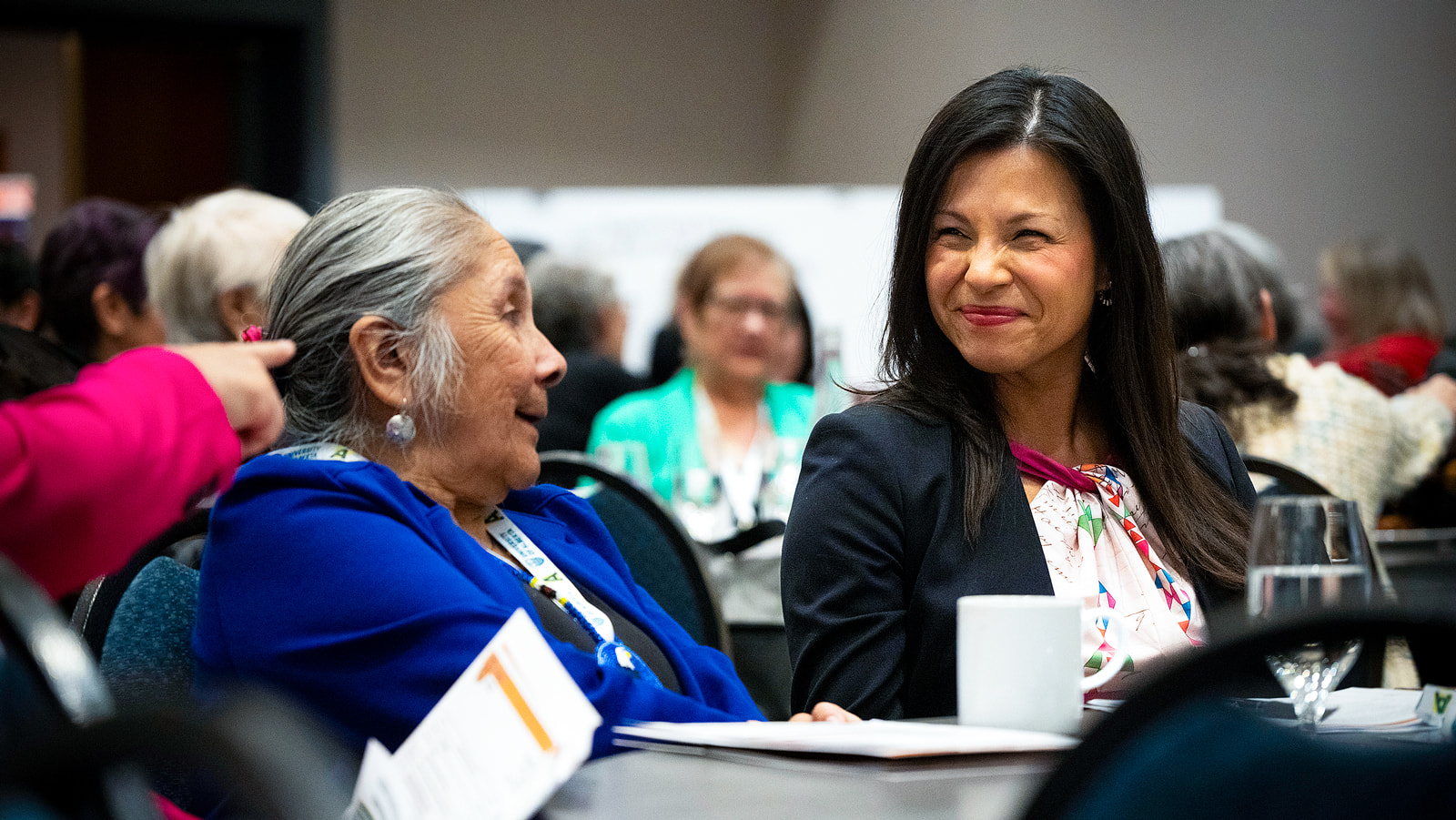Goal 10: Reduced Inequalities

research impact
For the period 2017-21
№ relevant publications: 561
№ times cited: 6,399
Key Stats
2,971 new students are first-generation in 2020/21
2,315 students with a disability in 2020/21
630 employees with a disability in 2020/21
1,361 of 34,108 undergraduates are Indigenous
4,769 of 34,108 undergraduates are international students from 94 different countries
Sample Courses
News
Stewardship
Free Application Days
In the spirit of reconciliation and to honour Residential School survivors, the U of A waived application fees for First Nations, Métis and Inuit students from Sep. 30–Oct. 6, 2021.
Transition Year Program
The Transition Year Program is an access program for First Nations, Métis and Inuit students who may not be prepared to enter a faculty through the regular admissions route. The program provides its students with the best first-year experience possible, offering academic and cultural support, encouragement, community, access to Elders, and a network of peers and tailored classes to develop core writing and academic skills.
Strategic Plan for Equity, Diversity, and Inclusivity
In 2019, the U of A released a four-year strategic plan to embed equity, diversity and inclusivity (EDI) into the culture of the university. Planned actions include bias awareness training for senior leadership, the development of guidelines for supporting EDI in teaching and research, and the incorporation of EDI into recruitment and retention procedures.
Annual Undergraduate Enrolment Report
Strategic management of undergraduate enrolment is vital to supporting the University of Alberta in its objective to “build a diverse, inclusive community of exceptional students from Edmonton, Alberta, Canada and the world.”
These internal reports show success in the university’s institutional commitment to ensuring a welcoming and safe environment for Indigenous students. Indigenous enrolment reached an all-time high of 1,361 students in 2020–21, an increase of nearly 50 per cent compared to 2015–16.
Indigenous Initiatives
The University of Alberta has been working towards implementing the Truth & Reconciliation Commission of Canada’s Calls to Action in thoughtful, meaningful and sustainable ways. The goal is to ensure that the University of Alberta is a welcoming and safe environment for Indigenous students, staff, faculty and community members and that programs and strategies reflect the institutional commitment to engaging Indigenous perspectives.
To this end, the University has undertaken a number of initiatives, including seeking ways to Indigenize course curriculums, creating an Indigenous hub website for easy access to an index of the University’s Indigenous programs, crafting land acknowledgements, and more.
Canada Research Chairs (CRC) Equity, Diversity and Inclusion Action Plan
The Canada Research Chairs Program (CRCP) implemented the Equity, Diversity and Inclusion Action Plan in May 2017 to respond to the recommendation in the program’s 15th-year evaluation that management should require institutions to adopt greater transparency in their allocation, selection and renewal processes for chairholders. The action plan focuses on improving the governance, transparency and monitoring of equity and diversity within the program.
University Equity Statement in Student Affairs
The University of Alberta recognizes the diversity of the Canadian population and obligation to be accessible to all sectors of society. The University therefore encourages diversity and welcomes applications from all qualified persons including women, members of visible minorities, First Nations, Métis, and Inuit, persons with disabilities, and sexual and gender minorities. The University Calendar will use gender inclusive language when referring to members of the University Community. In these ways, this demonstrates the University's commitment to accommodating and improving the representativeness of its diverse communities.
Accessibility Resources
Following the University of Alberta’s Discrimination, Harassment and Duty to Accommodate policy, the Office of the Dean of Students coordinates academic accommodations for prospective and current students with documented disabilities affecting mobility, vision, hearing, learning, and physical or mental health. The provision of academic accommodations helps to remove structural barriers encountered by these students in academic environments in order to facilitate equivalent learning opportunities.
Outreach
Camp fYrefly
Camp fYrefly is a leadership retreat for queer and trans youth ages 14–24. Campers explore their identity, build resilience, enhance self-esteem and develop leadership skills that will positively impact their lives, homes, schools and communities. Campers participate in workshops, field trips and games, and they engage with an artist-in-residence. Camp fYrefly operates four programs across Alberta, Saskatchewan and Ontario.
Rural eHUB
Rural eHUB is a collaboration between the University of Alberta, Alberta School of Business, the 4-H Foundation of Alberta and Rural Alberta’s Development (Legacy) Fund to support and encourage youth, high-impact rural entrepreneurship in Alberta.
Rural eHUB's Student Entrepreneur Awards (up to $4,500 per company) are competitive, one-time, direct awards to post-secondary students or recent graduates (within one year of post-secondary) of high-potential, growth-oriented startups that impact rural Alberta. This includes businesses and non-profits and social, environmental and cultural ventures that are either rural based or have rural-Alberta impact.
Research
🔗 Study to examine link between income inequality and deaths of despair
Income inequality has been rising across Canadian cities and provinces since the 1990s. School of Public Health researchers will investigate whether social economic indicators of inequality, such as income inequality and labour force participation, are risk factors for deaths of despair among Canadian youth.
Michelle Maroto examines wealth inequality across groups and over time in Canada
Wealth in Canada is highly concentrated in the hands of the top 20 percent highest-earning households. Even though little has changed over the past fifteen years in terms of this broader distribution of wealth in Canada, the average net worth for the wealthiest households has increased substantially, but groups closer to the bottom of the distribution have seen few gains in their average wealth levels.
🔗 Consider This: The Important Distinctions between Stratification and Inequality
Notable Stories
🔗 Creating equitable and inclusive awards
In 2021, following consultations with the Provost and Deans, the U of A undertook an equity, diversity and inclusion review of the award procedures under the Awards for Faculty Excellence, Awards for Teaching Excellence, and the EDI Awards.


